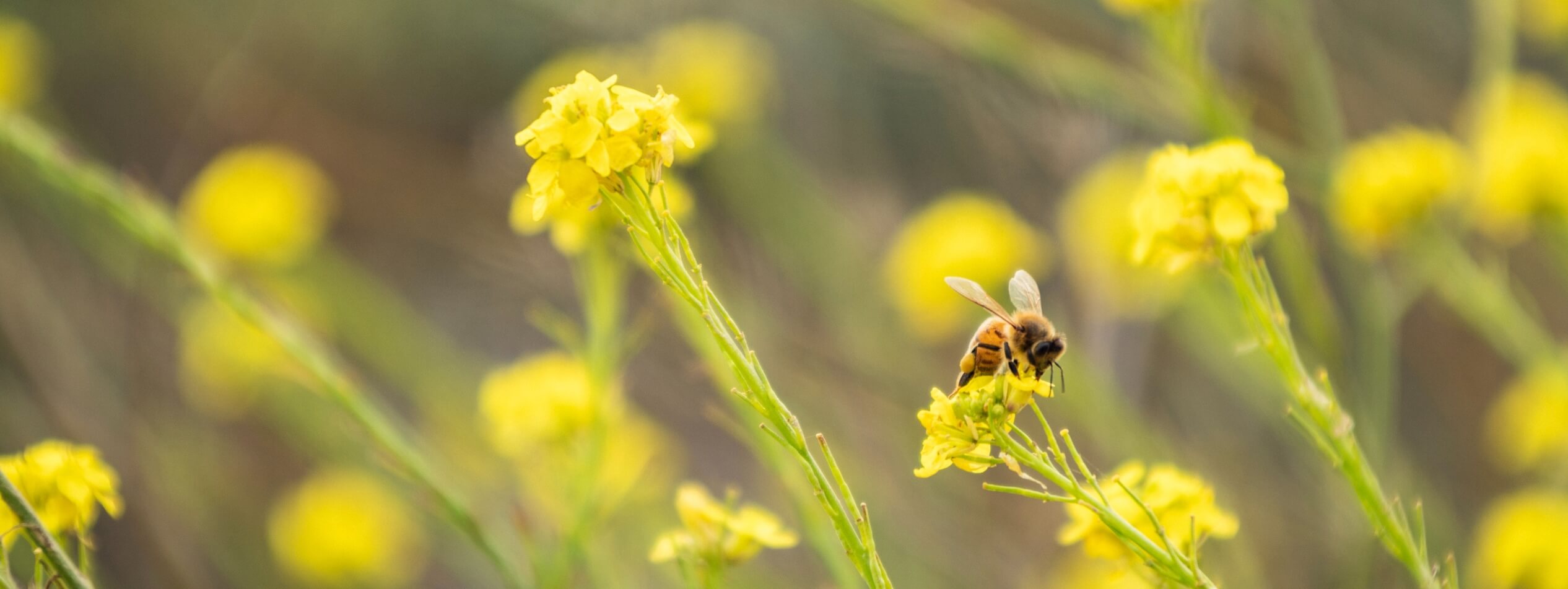I read an interesting article the other day. It really caused me, as a sustainable agriculture researcher, to pause and think. The article was titled: “Urban bees are living healthier lives than rural bees”. You can read it here1.
What made me think was just the audacity of the statement. The researchers introduced colonies of wild-caught bumblebees to urban and agricultural environments. The colonies in the urban environments grew quicker, and larger than the ones in the agricultural environments. This is crazy to think. My natural assumption would be that any living thing should grow better in rural areas. There is the fresh air, less people, etc.
Why?
Two reasons were provided for why they found the results they did. 1) There is a greater diversity of flowers, as a source of pollen, from the gardens in cities. 2) There are much less pesticides prevalent in cities.
For a more in-depth discussion on this read Sustainable food production: Is agriculture playing its part?
Our challenge
The point of this blog was more to make us think again. I realised again that there is still a lot of work for us, as the sustainable agriculture community, to do. We need to continue improving the health of agricultural land. Two of the many ways we can do this are highlighted by the article. 1) Increase the plant diversity on agricultural land, for example through multispecies pastures, diverse cover crops and intercropping. 2) Reduce pesticide, herbicide and fungicide use.
I am excited by the potential of sustainable agriculture to create healthy, thriving rural communities. Rural areas with flourishing, diverse plants and animals, unencumbered by the burden of harmful chemicals. Rural communities which provide sufficient, healthy food for the global population, while contributing positively to the health of the environment. I realise it is a massive task, but that’s what excites me.
Let’s continue working to create a rural environment where bees can once again thrive.
Reference:
- https://qz.com/1365290/cities-could-save-the-bees-theyre-healthier-than-farm-bees/ – Accessed 20 October 2018
- A carbon footprint assessment for pasture-based dairy farming systems in South Africa - 2024-02-07
- What progress have farms participating with Trace & Save made over the past 10 years? - 2023-09-06
- Carbon footprint reduction over time: Lessons from pasture-based dairy farms in South Africa - 2023-09-04

